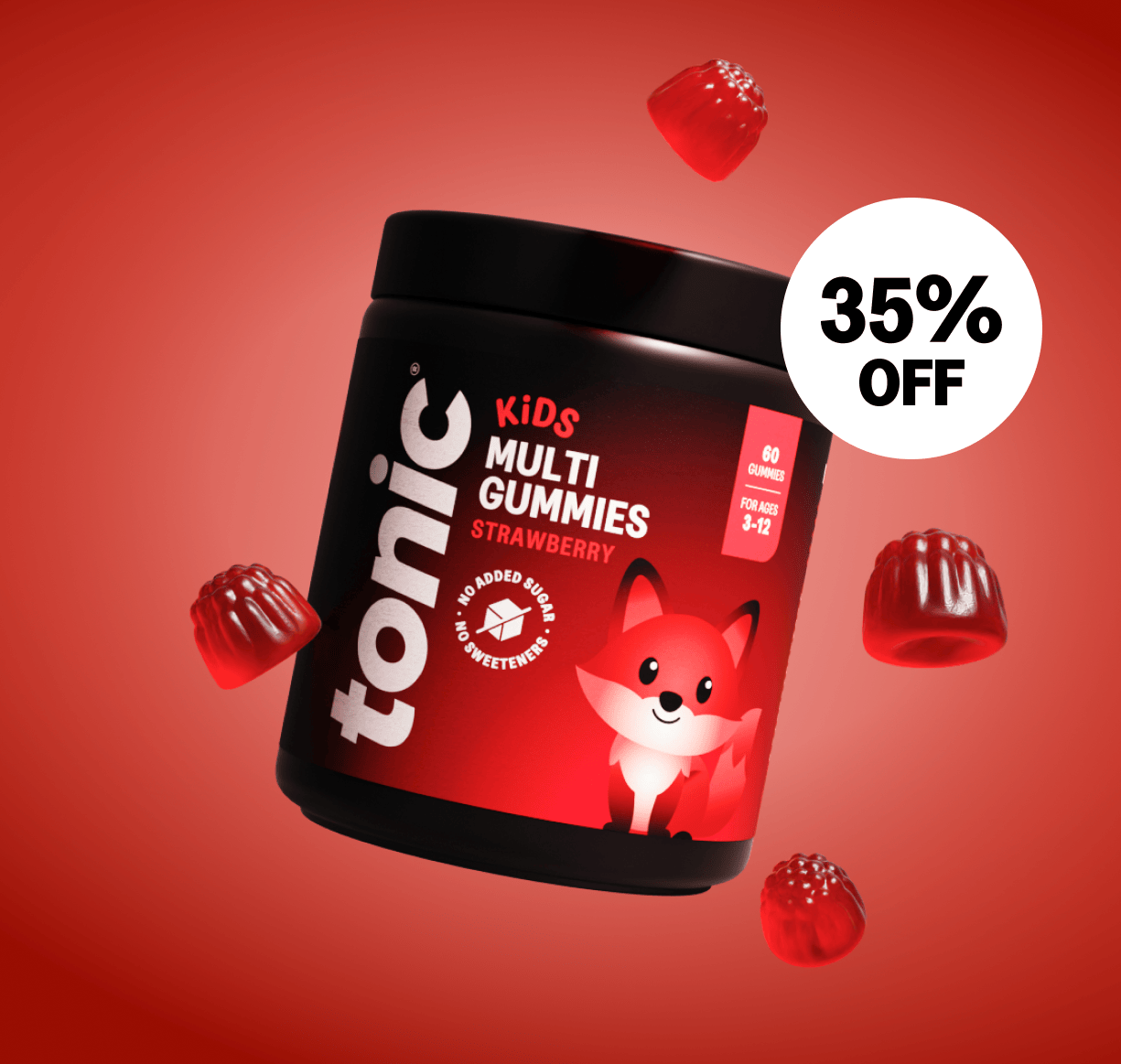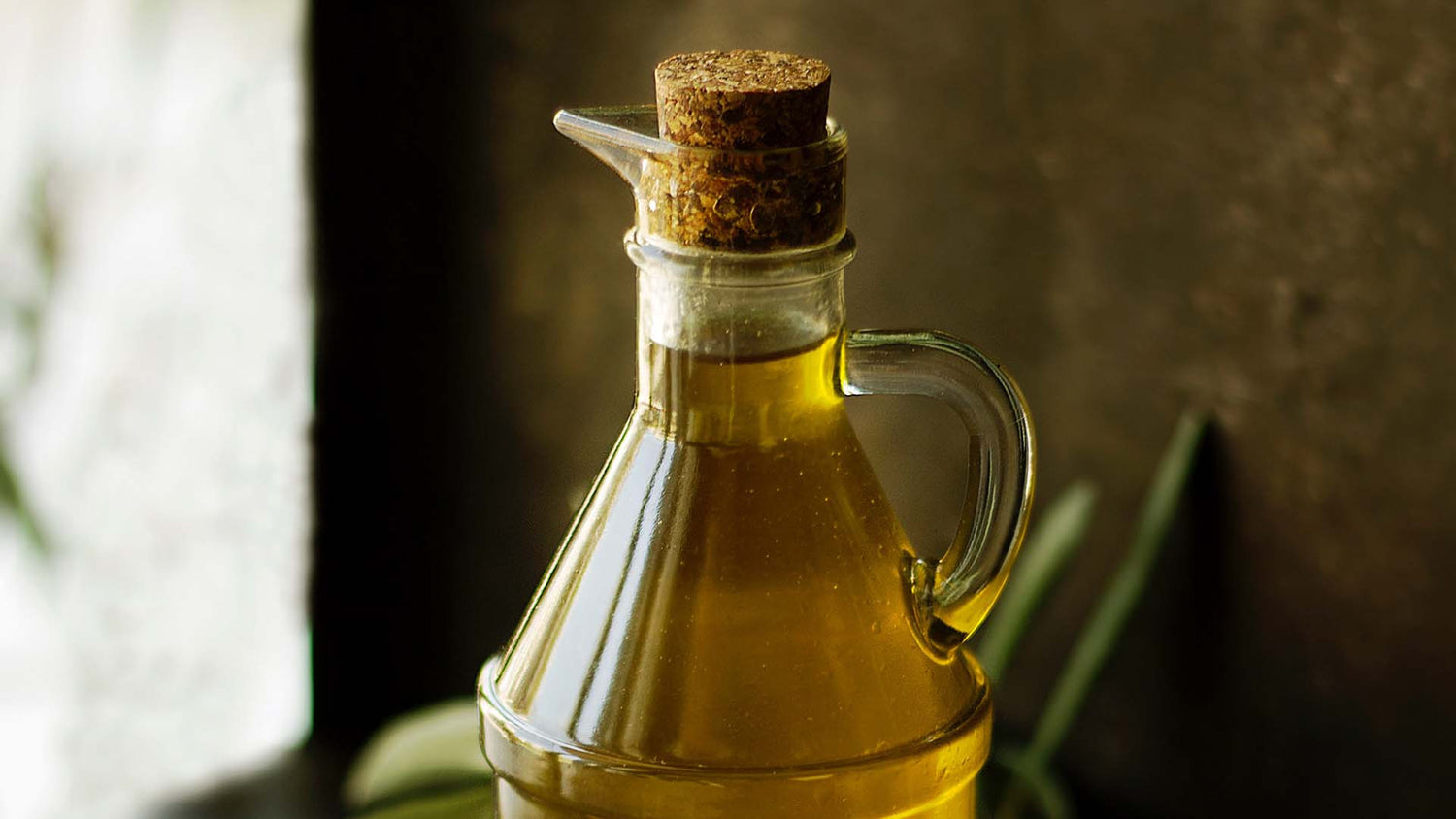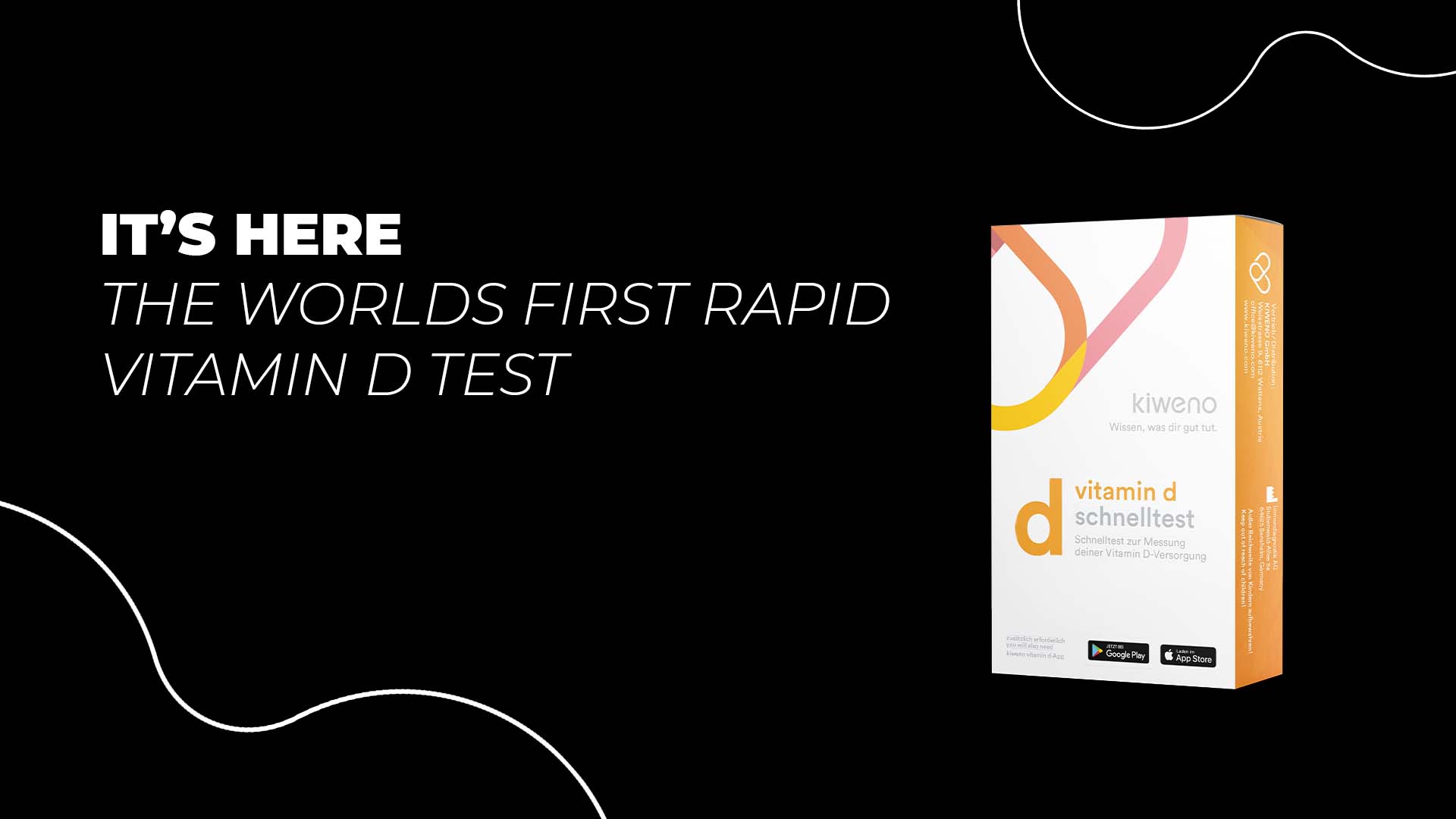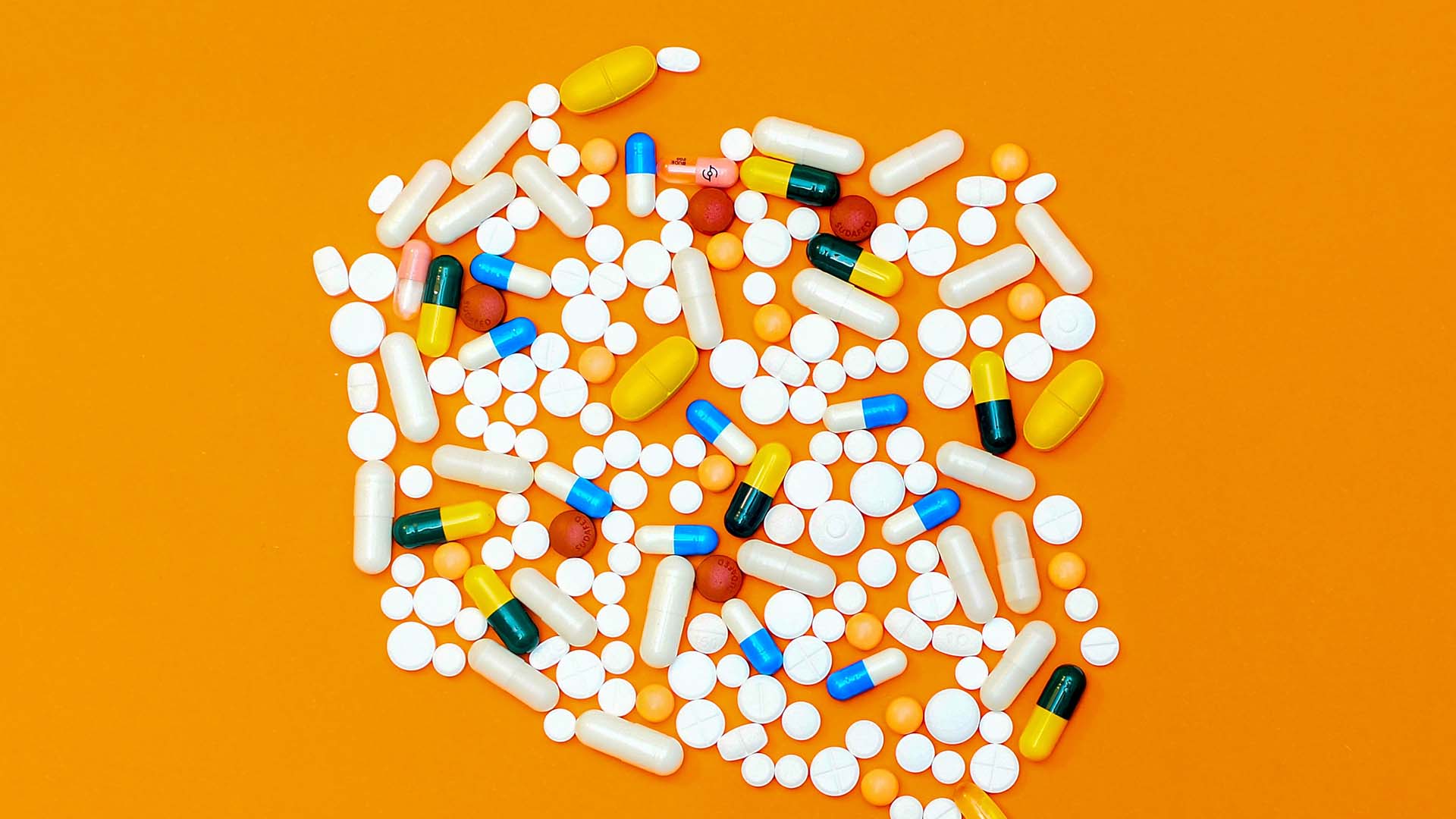For the longest time, fats have received a bad rep primarily driven by the diet industry as they have been made a culprit for the reason behind weight gain and are said to be responsible for high cholesterol levels. You only need to go down the supermarket aisle to see this as you’ll find ‘fat free’ or ‘low fat’ written across the likes of yoghurts, crisps and protein bars.
If you’re under the impression that all fats are the devil, we are here to tell you that simply isn’t true if you’re eating the right types of fats. So what you need to understand is that fats come in 4 categories: saturated fats, trans fats, monounsaturated fats and polyunsaturated fats. These fatty acids are named after their chemical structure and have mapped out what these look like in foods.
Trans fats
- Margarines made from hydrogenated oils
- Fried foods
- Pastries
- Biscuits
Saturated fats
- Processed fatty meats such as sausages, salamis and hams
- Dairy products like cheese, milk, cream, butter and ghee
- Lard, coconut oil and palm oil
Monounsaturated fats
- Nuts such as peanuts, hazelnuts, almonds and pistachios
- Oils such as rapeseed oil and olive oil
- Avocado
Polyunsaturated fats
- Oily fish such as salmon, mackerel and kippers
- Oils such as rapeseed oil, sunflower oil and corn oil
- Some nuts such as walnuts, pine nuts, sesame seeds and sunflower seeds
Trans fats should be avoided as they aren’t good for you at all and consumption of saturated fats, whilst less bad for you compared to trans fats, should be reduced too. This isn’t to say cut it out completely, the occasional croissant or fried chicken once in a while is fine.
Monounsaturated and polyunsaturated fats are healthy fats and must be consumed for optimal health. Omega-3 and omega-6 fall under the polyunsaturated fats and are essential fatty acids, which means they are the only essential nutrients you need from fats and oils. In the words of Udo Erasmus also known as the ‘Father of Fats’ who was recently on our podcast, he says “if you go on a no fat diet, you will eventually die” because your body can’t produce omega fats but every single cell in your body needs it.
Udo has spent years of his life researching omega fats and how we should consume oils for optimal health and here are the things he has found…
Too much of each one is also not great for your body. The optimal ratio of omega 3 to omega 6 ratio is 2:1.
Omega fatty acids are incredibly sensitive and are made with care as light, oxygen and heat damages them. So you should only ever use them after the food has come off the fire. Never ever use them for frying as this damages the molecules which is incredibly harmful to your health.
Cooking oils that have a long shelf life such as sunflower oil, rapeseed oil and low quality olive oils usually undergo harsh industrial treatment known as RBD which is an acronym for refined, bleached and deodorized at destructively high temperatures (160-245°C or 320-450°F—the temperatures we use when frying). In these oils, there are more than one million damaged molecules in every table spoon of the oil, not good!







Leave a comment
All comments are moderated before being published.
This site is protected by hCaptcha and the hCaptcha Privacy Policy and Terms of Service apply.